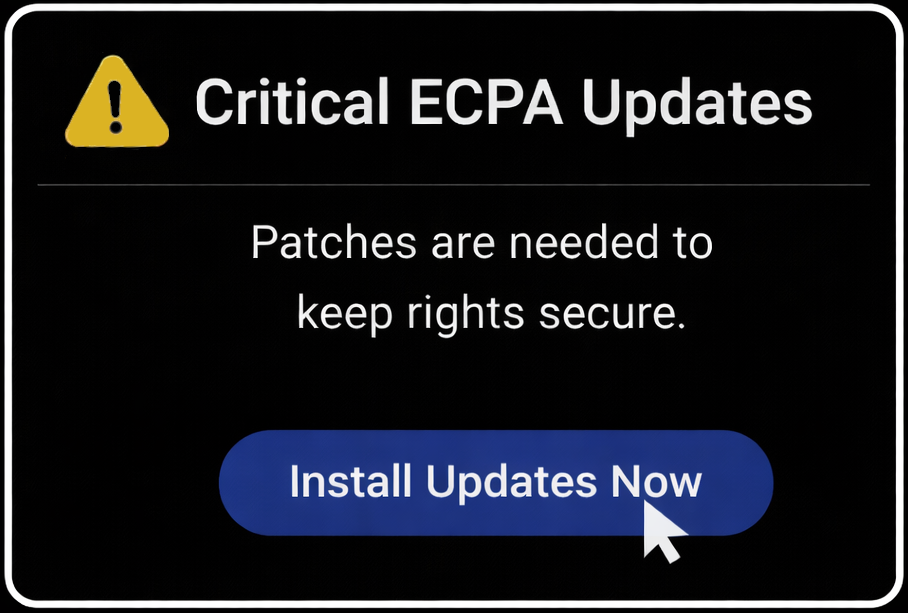The Week That Was: All of Lawfare In One Post
This week, the uglier side of the U.S. targeted killing program received a few careful reviews: Ritika noted the release of two reports on drone strikes, one by Amnesty International and another by Human Rights Watch. Ben commented on what he saw as the strengths and weaknesses of each report, highlighting both their acknowledged limitations and where they overstep their bounds.
This week, the uglier side of the U.S. targeted killing program received a few careful reviews: Ritika noted the release of two reports on drone strikes, one by Amnesty International and another by Human Rights Watch. Ben commented on what he saw as the strengths and weaknesses of each report, highlighting both their acknowledged limitations and where they overstep their bounds. He also posted the response of Avner Gidron, senior policy adviser with Amnesty International, was well as comments by Human Rights Watch's Letta Taylor, both of whom take exception to several of Ben’s conclusions.
In case you're behind the times on the drone debate, Ken reminded us that his comprehensive article “The Case for Drones,” previously published in Commentary, is now on SSRN free of charge. He also noted the annual conference We Robot 2014, the focus of which is the “risks and opportunities” encountered as we incorporate robotics into our lives, the battlefield, and even the cyber domain.
Wells---Our Man in Havana North---gave us tremendous coverage of pre-trial hearings in the 9/11 case from Fort Meade. Here's the complete reportage from Tuesday, Wednesday, Thursday, and Friday. We also shared the remarks of Chief Prosecutor of the Military Commissions, Brigadier General Mark Martins, on the eve of the hearings, as well as his Friday statement. Raffaela also posted a letter from Mustafa al Hawsawi's defense counsel to President Obama requesting that details of the CIA's detention and interrogation program be declassified.
Raffaela summarized the appellees' brief in Hatim v. Obama, the counsel access case. The appellees' argument hinged on the decision's limited nature, the non-universality of searches, the failure of the federal prison analogy, and failure of the discovery of contraband to justify new restrictions. She previewed oral arguments in Al Janko v. Gates, an appeal of a suit brought by a former Guantanamo detainee against the U.S. government and many government officials. However, as she explains in her recap of that argument the following day, the fate of the appeal appears to hinge on the interpretation of the term “United States” as it appears in the Military Commissions Act's jurisdiction-stripping provision.
We also noted the big news from Second Circuit: the court affirmed Ahmed Ghailani's life sentence for his role in the 1998 U.S. Embassy bombings.
Ashley argued that the UN Foreign Intervention Brigade, which operates under MONUSCO in the Democratic Republic of the Congo, should become more transparent in its policies regarding targeting guidelines, detention, and other issues apropos of its “offensive” peacekeeping mission.
Laura posted the latest entry in her "Cairo Diary," detailing the government's increasing restrictions on civil liberties, the backdrop violence, and the chilling rise of the desire for martyrdom in the City of a Thousand Minarets.
On surveillance: Paul gave us the electronic surveillance reform testimony he would have given before the House Permanent Select Committee on Intelligence if its hearing Thursday had taken place--which it didn't. He lays out his framework to find the proper amount of government transparency in an age of data-driven analytics. Among reforms he finds advantageous: an in-house adversarial advocate; post-collection judicial assessment of RAS (reasonable articulable suspicion); and disclosure of aggregate (but not company-specific) data. He is less optimistic about data retention rules and distributed databases as a tonic for privacy concerns and the value of "significant legislative tinkering” to improve the current oversight regime.
Professor Ingrid Wuerth of Vanderbilt Law School wrote from Berlin on the diplomatic storm brewing over the latest revelations of American spying. Ben pointed out Lisa Monaco's article that ran in USA Today on reviewing US surveillance policy, and also posted a video of General Keith Alexander's controversial comments about the NSA scandal and the role of the press.
We pointed out a FISC ruling to allow Yahoo pre-publication access to documents that the government will declassify related to FISC orders pertaining to Yahoo data.
Lauren detailed the arguments presented in EPIC's attempt to win Supreme Court review of NSA's telephony metadata program.
When will America’s heightened state of security be relaxed? Paul laments what some see as America’s new normal, as illustrated by the shuttered front door of the Supreme Court.
Over at Security States:
- Ashley, “The ‘Observer Effect’: On the Role of Courts in National Security Cases”
- Jane, “Bad Code: Part III”
- Ritika and Ben, “The Founding Fathers Vacillated on Government Snooping, Too”
- Ken and Ben: "Three Deep Flaws in Two New Human-Rights Reports on U.S. Drone Strikes"
- Ritika, "Drone Strikes Kill Innocent People. Why is it So Hard to Know How Many?"



